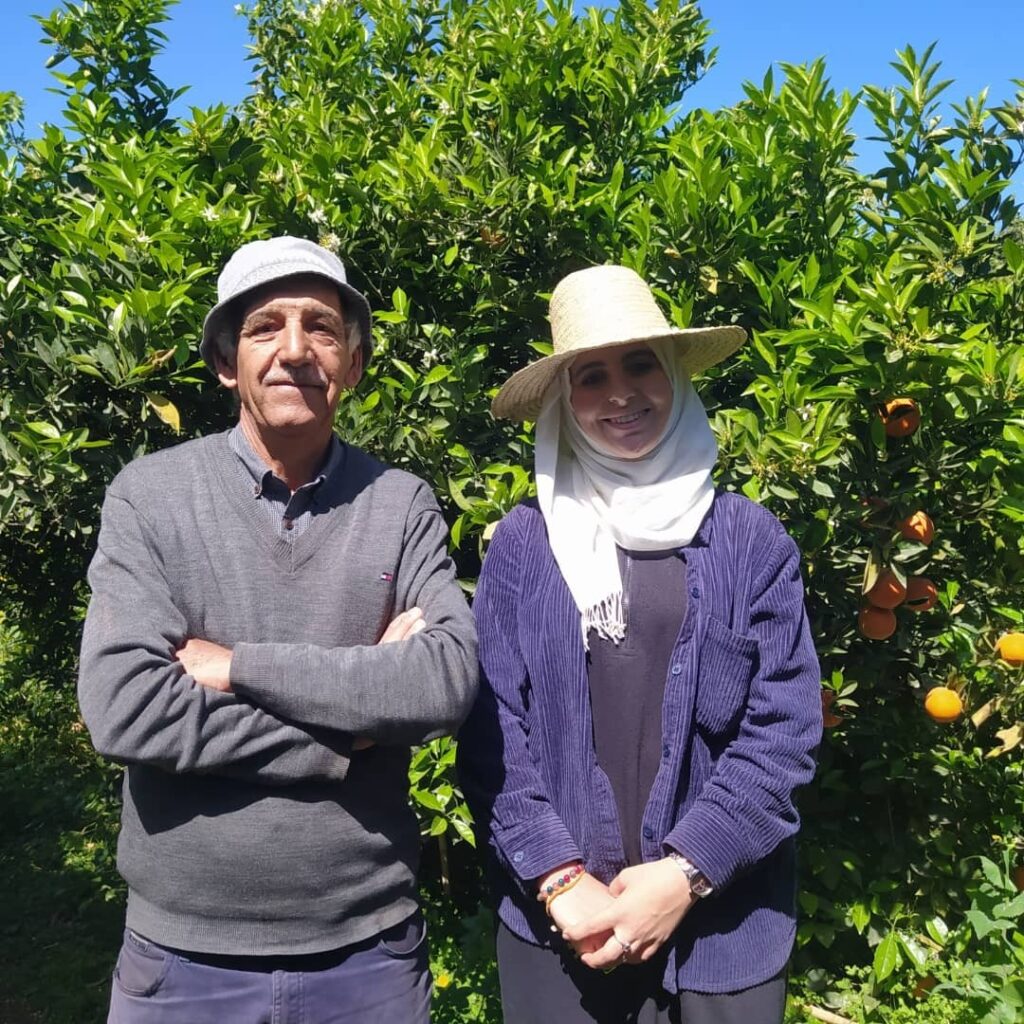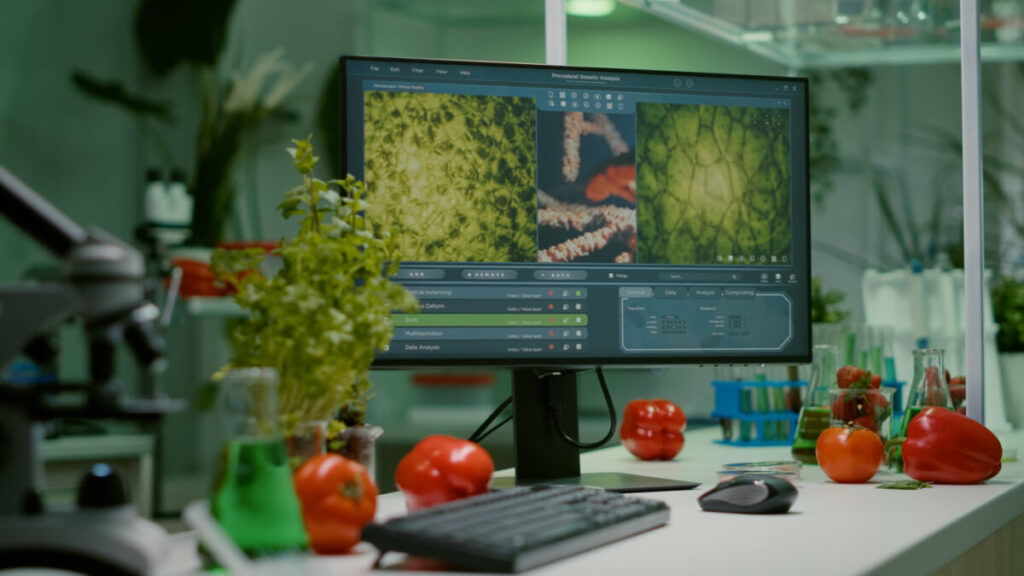Organic farming struggles to develop in Algeria. An association has tested a protocol to produce "100% natural" fruits and vegetables. And it works! In Italy, the use of artificial intelligence-based software in restaurants should help reduce food waste. This includes regulating portion sizes served on plates or managing stocks of fresh products that quickly spoil.

Organic farming is struggling to develop in Algeria, despite significant potential in terms of availability of arable land and water. In recent years, organic farming initiatives have been launched, especially through programs developed by the associative movement. It is within the Torba association that Faïrouz and Amira, fresh out of university, have embarked on working the land. After five years of hard work, they have succeeded in producing "100% natural" fruits and vegetables.

The UNEP 2024 Report highlights the urgency to act against food waste. In 2024, more than one billion tons of food were wasted worldwide. 28% came from the food service sector. The use of artificial intelligence-based software in this sector can reduce waste by up to 907,372 tons per year. Monitoring waste in restaurant and hotel kitchens indeed allows for portion control and waste reduction.
Find these two articles
"100% natural" fruits and vegetables in the Sahel
Can artificial intelligence reduce food waste?
And all the topics in the food section here.
